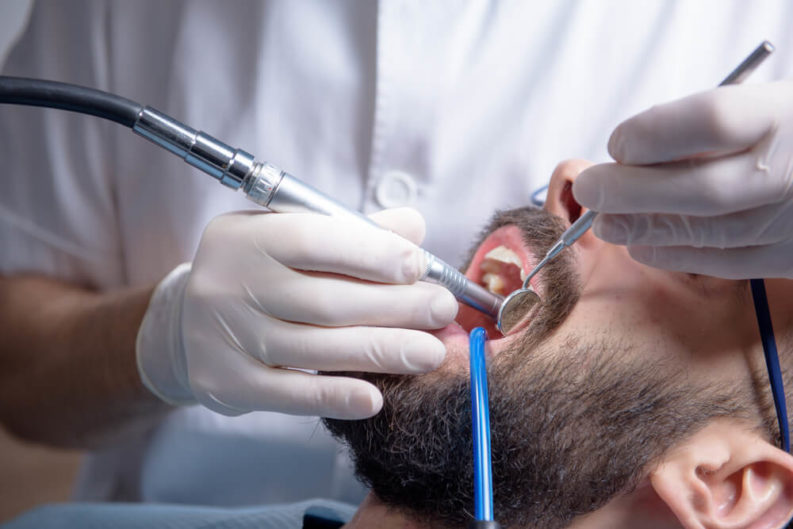Visit Our New Beyond Limits Project or whatever text Beyond Limits Project
Visit Our New Beyond Limits Project or whatever text Beyond Limits Project

Your saliva can reveal much information about the state of your dental health as well as your overall health. In fact, issues with the saliva are one of the first markers of oral health that the expert dentists at Austin Cosmetic Dentistry look for when examining patients.
In this article, we will briefly introduce you to saliva, why it exists, and what the state of your saliva says about your wellness.
The salivary glands, located in three locations around the throat, produce saliva. This biological substance is roughly 98% water but also includes electrolytes (potassium, magnesium, calcium), enzymes, and mucus. The various types of saliva glands are:
Breaking down food before it enters the digestive tract is the primary purpose of saliva. When you chew, a “food bolus” is formed by mixing the food with saliva. The enzymes that we mentioned in the previous section begin the chemical breakdown of the food so that it can be processed more efficiently with less burden on the stomach.
Also, saliva is important for cleaning the teeth, specifically for the prevention of bacterial infections. You might consider saliva to be “nature’s toothpaste” – but at Austin Preventative Dentistry we are sure to remind our patients that it’s no substitute for a high-quality fluoride toothpaste and regular flossing.
The Salivary Flow (SF) index measures the output of saliva throughout the day. When tests show that saliva levels are too low, the patient is diagnosed with a condition called “hyposalivation” and corrective action must be taken.
Hyposalivation may be caused by one of many contributing factors, such as:
Hyposalivation puts you at risk of developing more serious dental health conditions such as candidiasis. Treatment for hyposalivation typically involves prescription drugs such as pilocarpine (SalagenTM) or cevimeline (EvoxacTM) that stimulate more saliva excretion. Austin Preventative Dentistry has treated many patients successfully who experienced hyposalivation.
Saliva testing (submitting a small sample for lab analysis) can be useful as a diagnostic tool for many purposes, including:
The major benefit of saliva testing over other methods used by healthcare providers such as blood testing is that samples can be collected quickly and easily with minimal pain. The Austin cosmetic dentistry providers at the Toothbar in downtown Austin are always ready to help our patients learn more about their dental health, including discussing any saliva-related issues. Contact us today with any questions or concerns and we will be happy to help.
Co-founder and owner Dr. Kimberley Barclay is actively involved in local and national dental societies, including the Capital Area Dental Society and Spear Education courses on cosmetic dentistry. She is also a member of the Seattle Study Club, one of the most advanced education groups for dental professionals.

This content was fact-checked by Dr. Kimberley Barclay and Dr. Lauren Jacobsen following editorial guidelines. Dr. Kimberley Barclay is actively involved in local and national dental societies, including the Capital Area Dental Society and Spear Education courses on Cosmetic Dentistry. Dr. Lauren Jacobsen is an active member of the dental community and engages in further education and training through membership with a local chapter of the Seattle Study Club and Spear Education courses.
Our team is ready to book your appointment. The proper Dental Care can make the difference in years to come. We don't just improve the aesthetics of your smile, we make sure your dental health is set for the long run.
Schedule your visit now